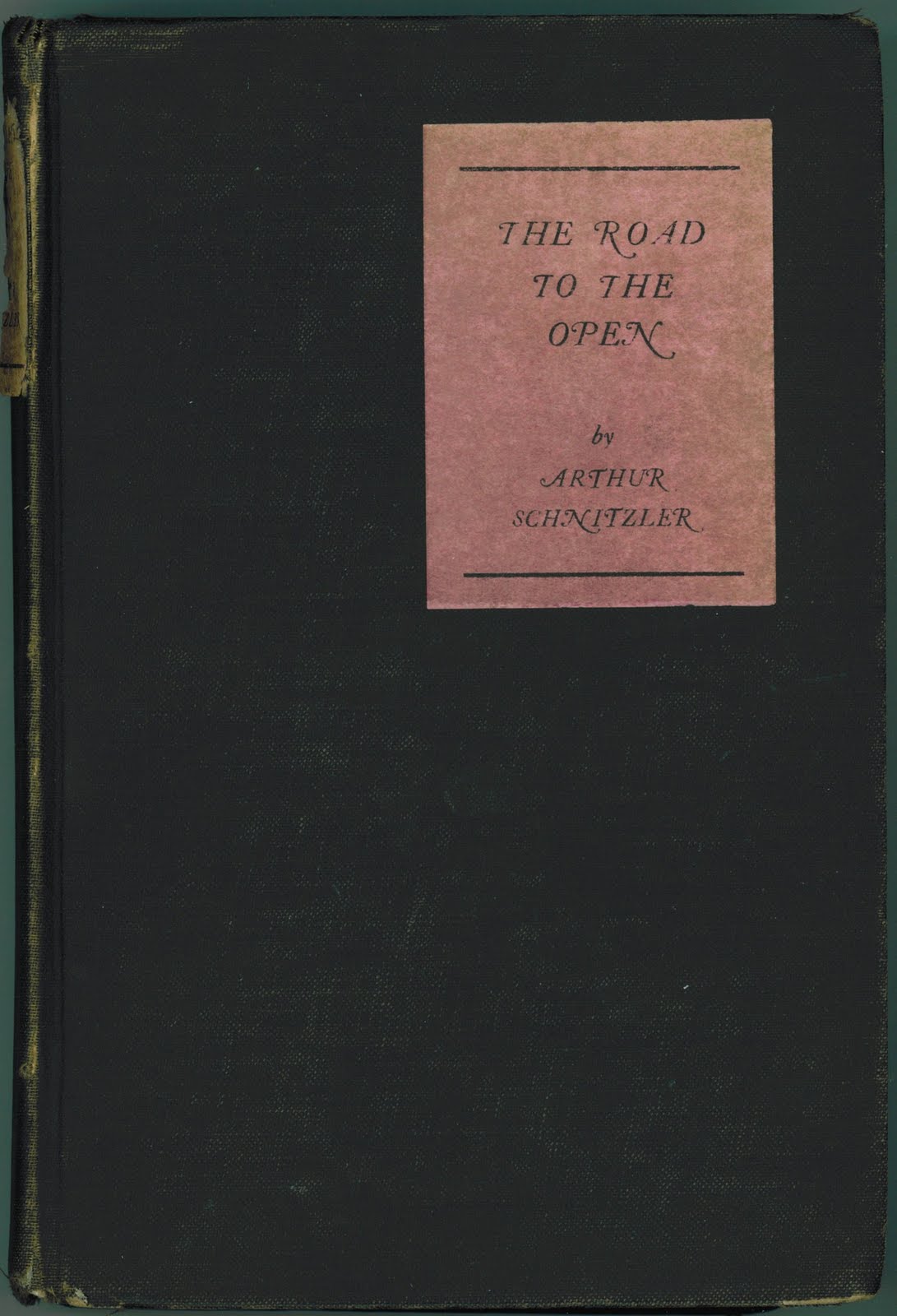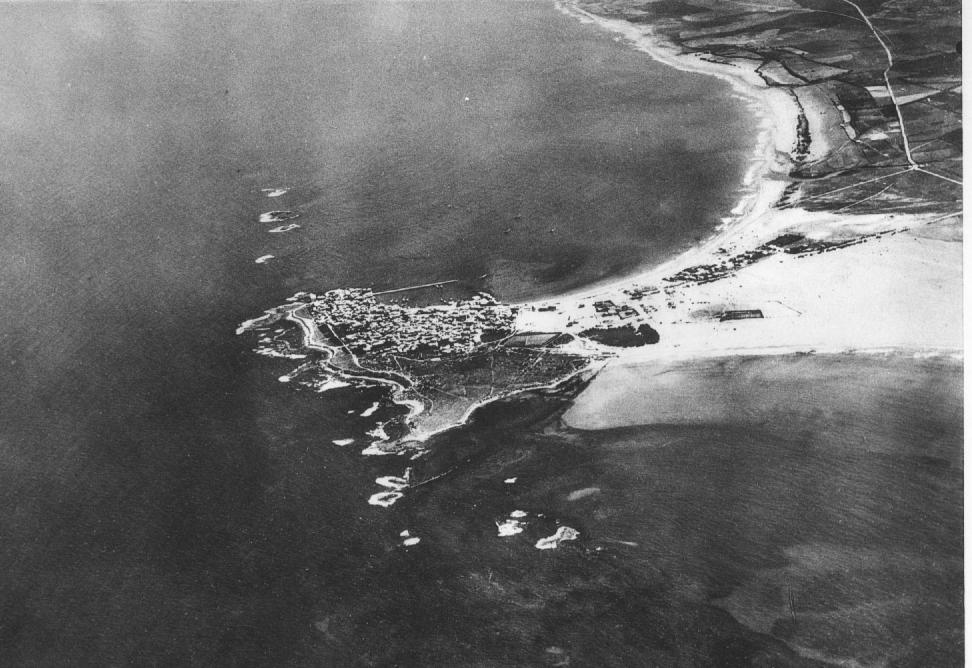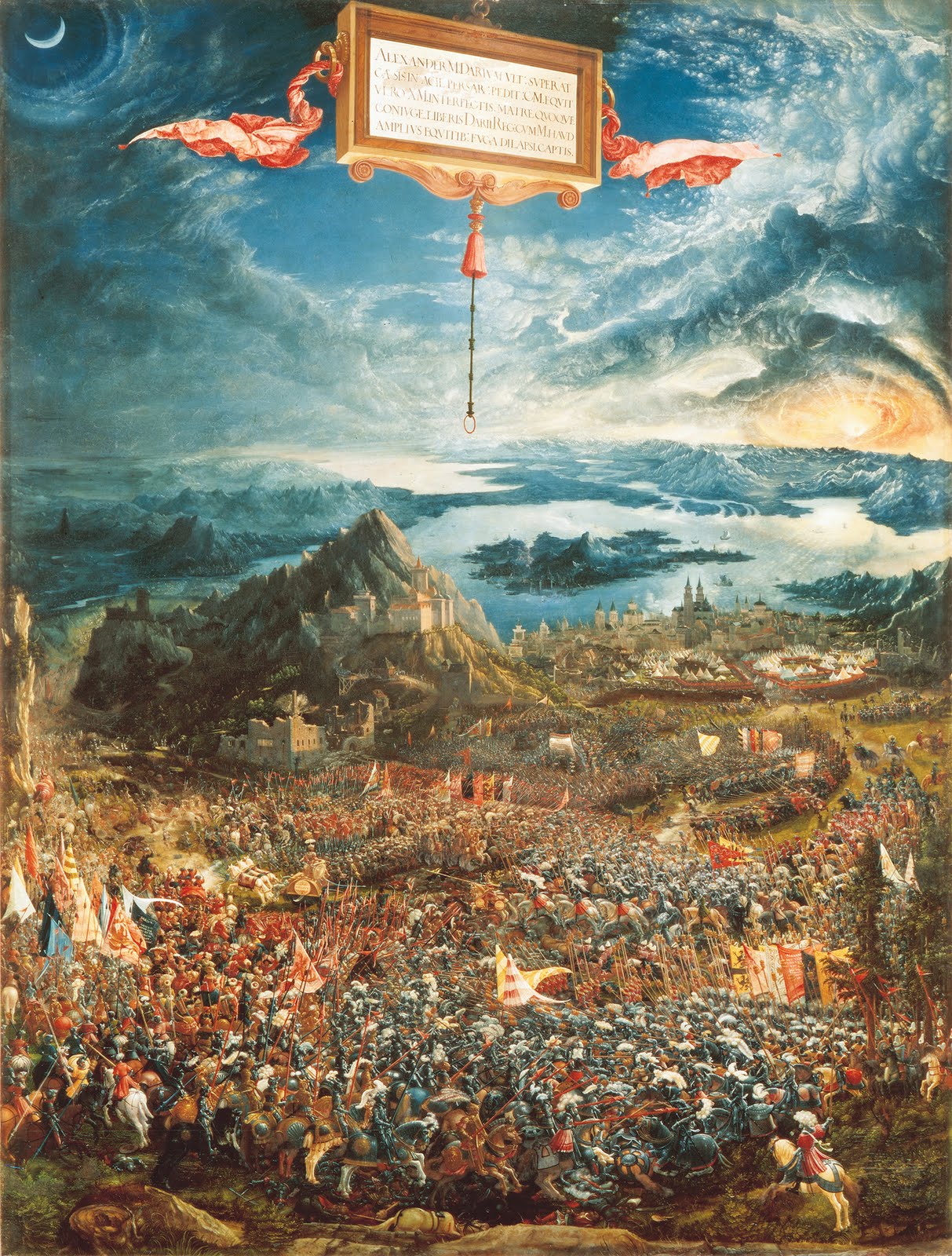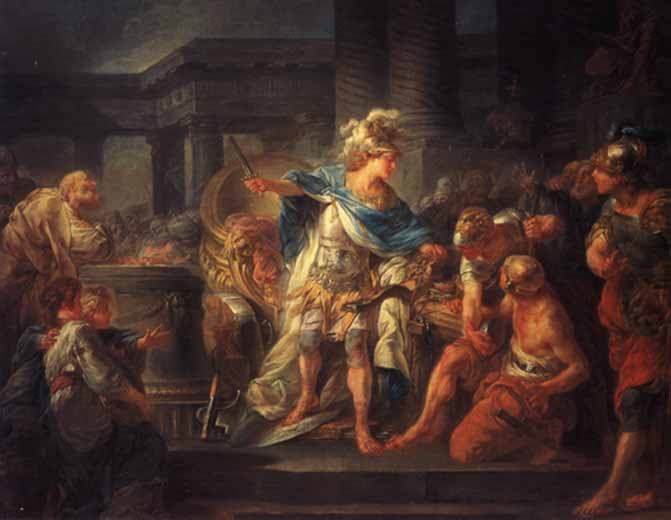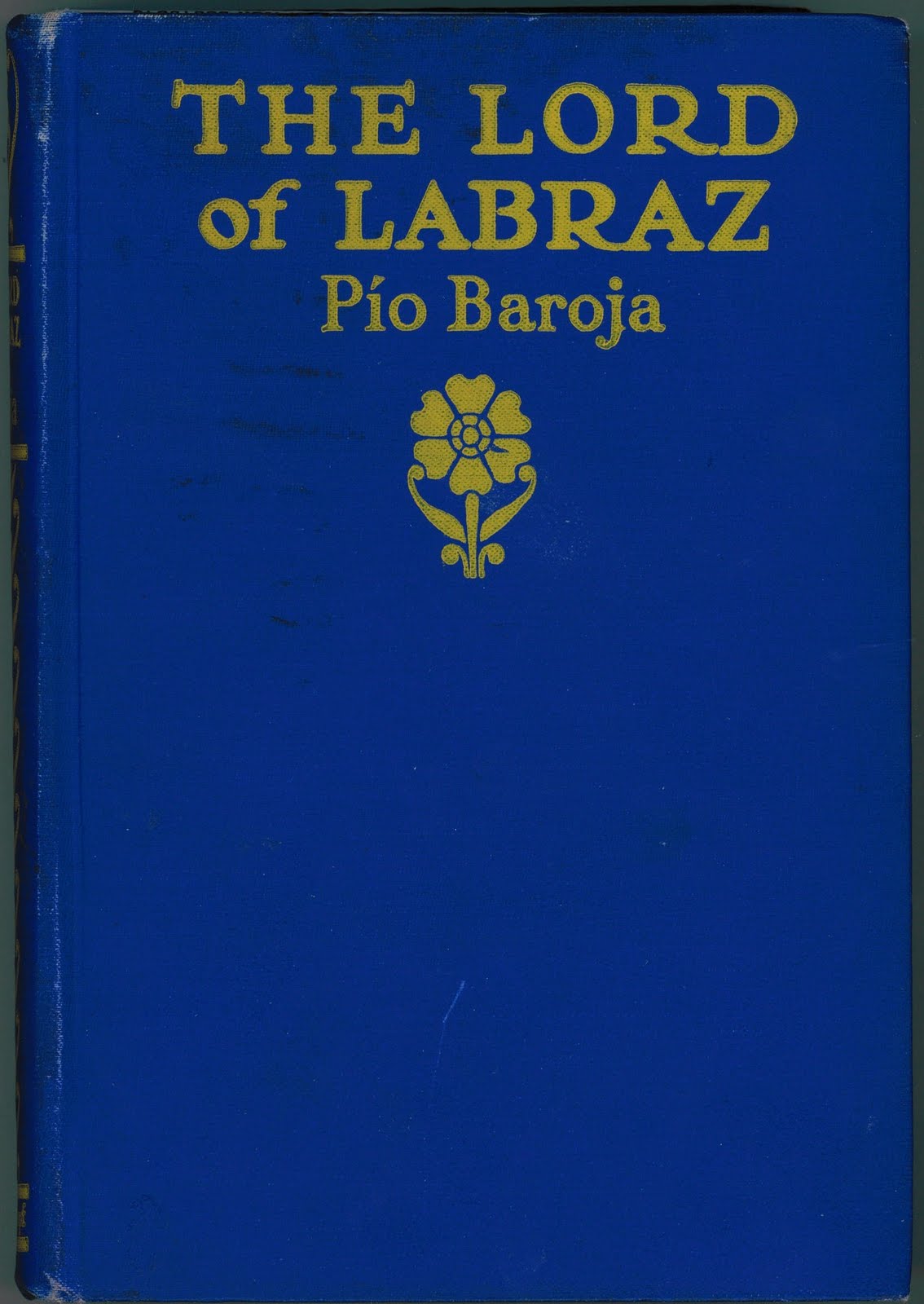Back home and back to work today after a week away. I avoided internet access while away so I have a lot piled up. I hope to get back to a semi-normal posting schedule next week (depending on work). The only book I read while I was away was Charles Hill’s Grand Strategies: Literature, Statecraft […]
Author: Dwight
Previous posts on The Road to the Open: Fin-de-siècle Vienna My art is mediocre and so is my character Grotesque and repulsive peculiarities The version of the book I read was the translation by Horace Samuel, which can be found here. (Note that a couple of pages are missing in the scan) I’ve finally finished […]
Even though I’ve only been able to read through Chapter 4 of The Road to the Open by Arthur Schnitzler I’m thoroughly enjoying it. Schnitzler paints a complex and conflicted portrait of fin-de-siècle Vienna. People defer to the main character, George von Wergenthin-Recco, because of his title yet he feels out of place in either […]
The Cross Garden of Prattville, AL (photo by Seymour Rosen; picture source) I’ve got nothing today so I thought I would pass on a picture of the late W.C. Rice’s Cross Garden in Prattville, Alabama. I haven’t been by the cross garden in over 20 years but I’ve been following developments through its Facebook page. […]
I just finished the first chapter of Arthur Schnitzler’s The Road to the Open and I’m enjoying the immersion into the world of early 1900s Vienna. “Enjoy” might not be the right word, though, since the world he describes can be a brutal place, especially for Jews. Anti-Semitism permeates society, as one character adroitly decries […]
I’m not sure what my posting schedule will be like the next few weeks. Work is going to take most of my time and I’ll be travelling with the family when I can, so posting will be hit or miss depending on time and access. I enjoy writing about what I read because it makes […]
All quotes are from The Landmark Arrian: The Campaigns of Alexander, translation by Pamela Mensch. Many signs and divinations appear throughout Arrian’s account of Alexander’s campaigns. The seer Aristrandros interprets the omens extremely well, at least according to Arrian. Factor in Alexander’s insistence on propitiating the gods, before and after an action, and you have […]
All quotes are from The Landmark Arrian: The Campaigns of Alexander, translation by Pamela Mensch. I wanted to add a few words on a few things that stand out about Arrian so far in his book on Alexander. Even though Arrian writes about events occurring 400 years earlier and is reworking Ptolemy’s and Aristobulus’ accounts […]
Aerial photo of Tyre, 1934 Picture source The mole that Alexander had built out to the city has silted up over timeAll quotes are from The Landmark Arrian: The Campaigns of Alexander, translation by Pamela Mensch. I didn’t spend much time talking about the battle of Issus but I do need to recommend The Landmark […]
Battle of Issus, Albrecht Altdorfer Picture source (be sure to click on picture for more detail) All quotes are from The Landmark Arrian: The Campaigns of Alexander, translation by Pamela Mensch. In the previous post I mentioned Alexander undoing the Gordion (Gordian) knot as part of the myth-building process. What I didn’t mention was the […]
Alexander cuts the Gordian Knot, Jean-Simon Berthélemy Picture sourceIn addition to his brilliance at military tactics and strategy, Alexander proves to be an adept leader of his men. At the same time he takes care to cultivate his reputation, both for current impact and for future generations. All quotes are from The Landmark Arrian: The […]
The Marathon2500 Project conference call on “Herodotus and the Invention of History” just finished. It was a very relaxed talk by Robert Stassler, the creator of the Landmark series (among other things) as well as questions and discussion with Professor Paul Cartledge on Herodotus, Marathon, and the “invention” of history. My favorite part was Stassler […]
In Book One Arrian establishes Alexander as trusting and generous with his friends while not hesitating to punish turncoats. The latter group includes Greeks who found it more expedient to follow or sympathize with the Persians. Greek mercenaries were harshly punished, at least at the battle of the Granicus River. However Alexander spared the small […]
I occasionally go back to posts, especially the online resources posts, to update them with additional information or links as I find them. Here are some updates to those posts: The podcast for the April 5th conference call in the Marathon2500 series. This podcast covers “War and Sports” with Professor Thomas Scanlon. I enjoyed it […]
The Lord of Labraz by Pío Baroja, translated by Aubrey F. G. Bell, Alfred A. Knopf, 1926 (originally released in 1903 in Spanish)I mentioned in an earlier post that decay was a central theme in this book. Labraz, an imaginary town set in the Cantabria region of Spain, fought progress tooth and nail and won […]
The Lord of Labraz by Pío Baroja, translated by Aubrey F. G. Bell, Alfred A. Knopf, 1926 (originally released in 1903 in Spanish) Labraz is a much simpler story than his Struggle for Life trilogy but that doesn’t make it less pleasurable to read. Structured (so far) like a romance, it’s fun to watch him […]
The Lord of Labraz by Pío Baroja, translated by Aubrey F. G. Bell, Alfred A. Knopf, 1926 (originally released in 1903 in Spanish) From TIME.com’s August 30, 1926 book reviews: The Spanish hail Señor Baroja as their most popular living talespinner. He writes a little like Dickens, a little like Stevenson, always like a Spaniard—that […]
The Lord of Labraz by Pío Baroja, translated by Aubrey F. G. Bell, Alfred A. Knopf, 1926 (originally released in 1903 in Spanish) I’ve discovered Pío Baroja recently and have enjoyed what I’ve read. To say he’s inconsistent in many areas would be an understatement but part of his writing has appealed to me. So […]
A few stray thoughts during the conference call covering Book One of The Landmark Arrian: The Campaigns of Alexander, translation by Pamela Mensch this evening, some have been bubbling beneath the surface while others were spurred by other comments. One of the first points discussed was Arrian’s assessment as a historian. For ancient historians, Herodotus […]
A few additional thoughts I wanted to add to my previous post on the battle at the Granicus River… To camp or not to camp 1. When Alexander learned of the concentration of the Persian forces, he advanced rapidly and encamped opposite the enemy, so that the Granicus flowed between the encampments. 2. The Persians, […]
